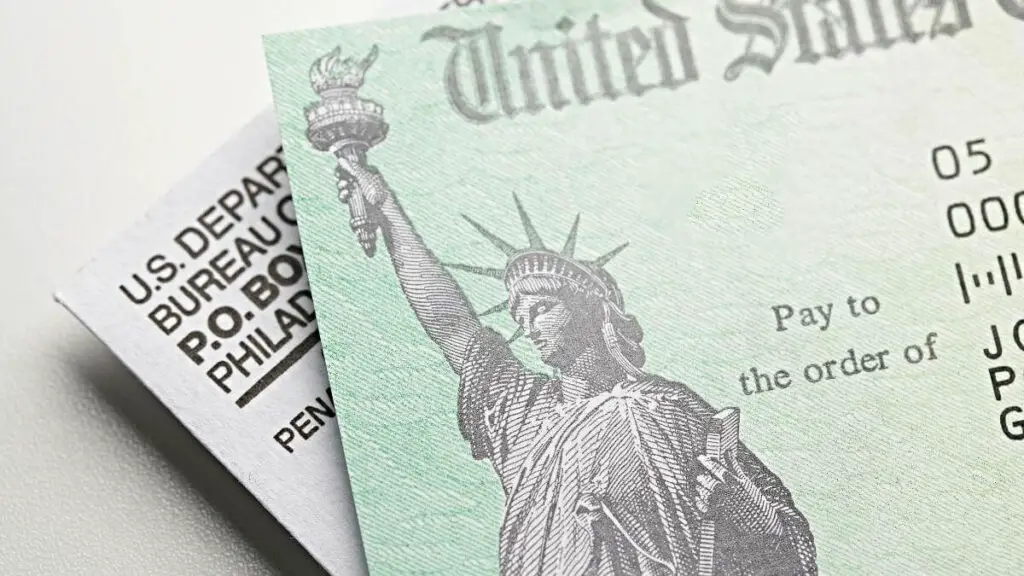During the Covid pandemic, the presidential administrations of Donald Trump and Joe Biden sent stimulus checks to millions of Americans to overcome the brief but intense recession caused by Covid lockdowns. Now that the nation has largely recovered from Covid, a new economic threat has made life rough for families: inflation. Although most people associate stimulus checks with the federal government, sixteen states are actually sending out their own stimulus checks this year! Most of these states have declared the checks for inflation relief rather than pure economic stimulus. With unemployment at almost a record low, but inflation at nearly a record high, the checks are being touted as a way to keep families afloat due to the rising cost of living.
How Can States Give Stimulus Checks?
States have their own government budgets independent of the U.S. federal budget, which allows them to spend money independently from the decisions of Congress or the President. This gives states the legal ability to spend part of their respective budgets on stimulus checks, but this ability is limited by the fact that most states must try to balance their budgets every year. Unlike the federal government, states cannot easily sell bonds to engage in deficit spending (spending that occurs whenever spending is greater than tax revenue, requiring the sale of bonds to raise the needed revenue).
This means that state inflation relief checks (or stimulus checks) are likely to be far more limited than federal checks. In some states, such as Illinois and Massachusetts, the inflation relief checks amount to only a few hundred dollars per family. Other states, including Maine, are more generous and are giving checks of up to $1,700 per couple.
Who Gets Stimulus Checks in These States?
Unfortunately, each state has different requirements related to residency, income, and tax filing status. For many of the sixteen states, you must have been a resident for at least a year and filed your state income taxes for the previous calendar year (2021). Some states have income limits, meaning only lower-income families will receive an inflation relief check. All states require you to file some tax paperwork, so it’s important to check the details.
Is It Free Money?
This is an important question! While Florida is giving stimulus checks to some low-income families, most of the fifteen other states are providing the checks from tax rebates or tax refunds. This means that the money is not truly stimulus money, but rather an advance on your following tax refund. Your next tax refund may be smaller due to the inflation relief check you receive today. Therefore, make sure you read about your state’s inflation relief check plan if you live in one of the sixteen states providing them.
Since the money is not necessarily “free” and may affect your future tax refunds, make sure to plan wisely how it will be spent. Inflation is likely at its peak, but prices are still high. If the inflation relief checks need to be spent now, ensure they are spent on necessities. Unlike a traditional tax refund, which some families spend on nonessential items, inflation relief funds should be allocated solely to necessities like groceries, gasoline, and utilities.
Could This Inflation Relief Money Cause More Inflation?
The 2020 and 2021 federal stimulus checks, particularly the last round in 2021, have been blamed for causing some of the record-high inflation we are experiencing today. While the state stimulus checks are smaller than their federal predecessors, it is possible that they could contribute to more inflation if they are spent in their entirety. If most recipients save or invest some of the state inflation relief funds rather than spend it as cash, additional inflation could be avoided. If inflation does continue to rise during the fall, it could lead to a continual cycle of inflation relief stimulus checks followed by higher inflation.

